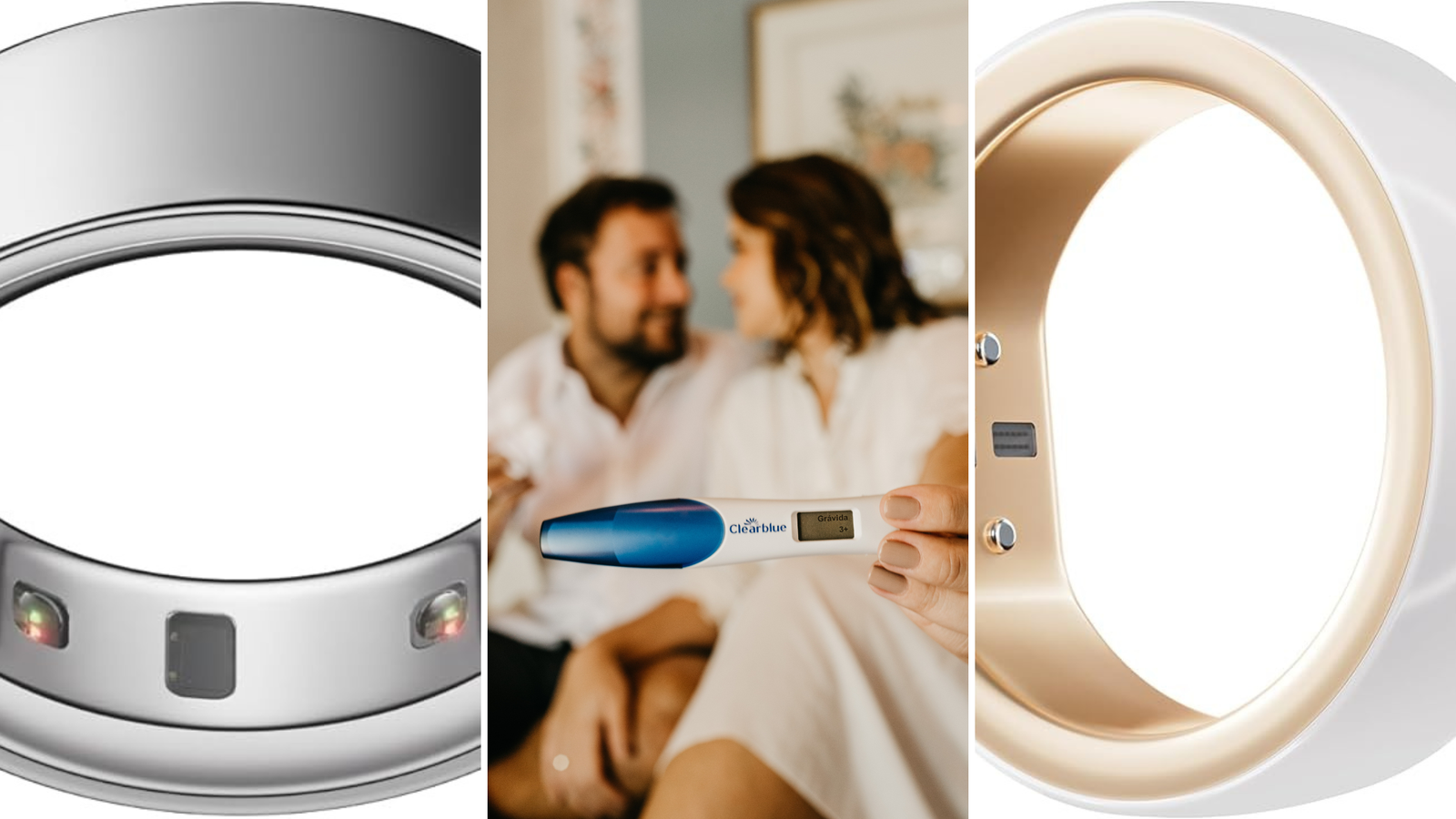Chances of Having Twins Calculator
Disclaimer:
Note: The Chances of Having Twins Calculator provides an estimate of your chances of having twins based on certain risk factors. However, this should not be used as a medical diagnosis. Please consult a healthcare provider for more detailed information and advice on your specific case.
Author Bio

Idris Ya’u
BSc Botany, MSc Biology
Chances of Having Twins Calculator: What are the chances of having twins?

The chances of having twins can vary based on several factors, including genetics, age, and race. On average, about 3% of natural pregnancies result in twins, or 1 in 33 births.
- Fraternal twins (dizygotic): These are more common, accounting for about 2/3 of twin births. They occur when two separate eggs are fertilized.
- Identical twins (monozygotic): Less common, occurring in 0.45% of pregnancies (1 in 250), when a single fertilized egg splits into two.
Which fertility treatments affect my chances of twins?
Fertility treatments can greatly increase the likelihood of twins or higher-order multiples. Key treatments include:
- In Vitro Fertilization (IVF): Twins occur in 5% to 12% of IVF pregnancies, especially when multiple embryos are transferred.
- Ovulation induction medications: Drugs like Clomiphene Citrate (Clomid) can increase twin rates to 7-8%.
- Gonadotropins: These injectable hormones increase twin chances by up to 30%, especially with overstimulation of the ovaries.
How common are twins and multiples?

- Twins: Occur in about 1 in every 33 births. Over the past few decades, twin births have become more common due to fertility treatments and delayed childbearing.
- Higher-order multiples (triplets or more): These are rarer, about 1 in 1,000 births. However, the rate has increased with the use of fertility treatments.
For more information about having multiple and twins, check out here.
Chances of having twins again after fraternal twins

If you’ve already had fraternal twins, your chance of having another set increases. Women who have already given birth to fraternal twins have a 1 in 12 chance of having twins again. Fraternal twins are influenced by heredity, so if twins run on your mother’s side, your chances are even higher.
For more information, check here.
What to eat to get pregnant with twins naturally?

There are no guarantees, but some dietary suggestions linked to an increased chance of twins include:
- Dairy products: Studies suggest that women who consume dairy are up to 5 times more likely to have twins compared to those who don’t.
- Yams: Particularly wild yams, which are believed to stimulate the ovaries and may increase the chance of hyperovulation, based on twin rates in some African regions.
When Do Twins Form?
Twins form very early in the pregnancy process. Fraternal twins occur when two separate eggs are fertilized by two sperm. This happens immediately after ovulation and conception. Identical twins form when a single fertilized egg splits into two embryos, which also occurs shortly after conception, usually within the first few days.
What Are the Symptoms of Twins in the First Month?
Symptoms of twins in the first month may mirror those of a regular pregnancy, but they can be more intense. Women may experience higher levels of nausea, fatigue, and breast tenderness due to elevated levels of the pregnancy hormone hCG. However, these symptoms alone cannot confirm a twin pregnancy, and a doctor’s ultrasound is needed to make that determination.
When Do You Start Showing with Twins?
Typically, women carrying twins start showing earlier than those carrying one baby. You might start to notice a baby bump between 12 and 16 weeks, as the uterus grows faster to accommodate two babies. In comparison, those pregnant with one child might not show until around 16-20 weeks.
How Does Your Body Feel When Pregnant with Twins?
Twin pregnancies can be more physically demanding than single pregnancies. Many women experience increased exhaustion, more severe morning sickness, faster weight gain, and higher fluid retention. As the pregnancy progresses, the strain on the body can lead to backaches, pelvic discomfort, and shortness of breath.
When Can Twins Be Detected?
Twins are often detected as early as 6-8 weeks during an ultrasound. The doctor may observe two gestational sacs or detect two heartbeats. By the 12th week, it is typically confirmed whether you are carrying twins or not.
How Do You Know if You’re Having Twins?
The most definitive way to know if you are having twins is through an ultrasound. Some early signs might include rapid weight gain, heightened pregnancy symptoms, or higher than average levels of hCG. However, only medical imaging can confirm a twin pregnancy.
Who Carries the Gene for Twins?
The gene for fraternal twins is typically carried by the mother. If the mother has a family history of hyperovulation (the release of more than one egg during ovulation), she may have an increased chance of conceiving twins. Identical twins, however, do not appear to run in families and occur randomly.
How Can I Release Two Eggs During Ovulation Naturally?
Some factors may naturally increase the chances of releasing two eggs during ovulation. Eating a diet rich in dairy products or yams, being over the age of 35, or having a family history of twins can all contribute to hyperovulation. Although these methods are not guaranteed, they may slightly increase the likelihood of releasing two eggs.
How to Conceive Twins 100 Percent?
There is no guaranteed way to conceive twins naturally. While factors like genetics, maternal age, and diet may increase the odds, they cannot ensure success. The only medically proven method to significantly raise your chances is through fertility treatments, such as IVF or the use of ovulation-stimulating medications, though even these methods don’t provide a 100 percent guarantee.
Can I Predict If I Will Have Twins?
Predicting whether you will have twins is not possible without medical intervention. However, factors such as family history, age, ethnicity, and the use of fertility treatments can increase your chances. An early ultrasound is the most reliable way to confirm if you’re expecting twins.
How to Increase Twin Chances?
Certain steps may increase your chances of having twins:
- Having a family history of twins, especially fraternal twins
- Being over 35, which increases the likelihood of hyperovulation
- Using fertility treatments like IVF or ovulation-stimulating drugs
- Consuming dairy products or yams
- Having had previous pregnancies, as this may increase your odds
Who Has a Higher Chance of Having Twins?
Women with a family history of fraternal twins, older women (35+), those who have had multiple pregnancies, and those undergoing fertility treatments have a higher likelihood of conceiving twins. Ethnicity also plays a role, with African women having a higher chance compared to women of other ethnic backgrounds.
What Age Are Twins More Likely?
Twins are more likely in women over the age of 35. As women age, their levels of follicle-stimulating hormone (FSH) increase, which can lead to the release of more than one egg during ovulation, thereby raising the chances of fraternal twins.
How to Calculate the Chance of Twins?
To estimate your chance of having twins, take into account the following:
- Family history: If fraternal twins run in your family, your chances increase.
- Age: Women over 35 have a higher likelihood of twins.
- Ethnicity: African women have higher rates of twins.
- Fertility treatments: If you’re undergoing IVF or taking fertility drugs, your chances rise significantly.
While these factors can give you an idea of your chances, there is no precise way to calculate them without fertility assistance.
Reference
- Monden C, Pison G, Smits J. Twin Peaks: more twinning in humans than ever before. Hum Reprod. 2021 May 17;36(6):1666-1673. doi: 10.1093/humrep/deab029. PMID: 33709110; PMCID: PMC8129593. Retrieved from here
- De la Calle M, Bartha JL, García L, Cuerva MJ, Ramiro-Cortijo D. Women Aged over 40 with Twin Pregnancies Have a Higher Risk of Adverse Obstetrical Outcomes. Int J Environ Res Public Health. 2021 Dec 12;18(24):13117. doi: 10.3390/ijerph182413117. PMID: 34948726; PMCID: PMC8701912. Retrieved from here
Tools:
- Luteal phase calculator
- BBT Temperature Converter
- Birth control calculator
- Bishop Score Calculator
- Due Date Calculator
- Breast Cancer Recurrence Risk Calculator
- Breastfeeding Calories Calculator
- Clomid Ovulation Calculator
- Conception Calculator
- Due Date Calculator
- Egg Freezing Calculator
- Flange Size Calculator
- Ideal Weight To Get Pregnant Calculator
- Implantation calculator
- IVF success calculator after retrieval
- Menstrual or Implantation Bleeding Quiz
- MCA PSV MoM calculator
- hCG Levels Calculator
- IVF Due Date Calculator
- Who Got Me Pregnant Calculator
- Conception Calculator
- Pearl Index Calculator
- Flange Size Calculator
- Period Calculator
- TIRADS Calculator
- Egg Freezing Calculator
- Fundal Height Calculator
- Pregnancy Weight Gain Calculator
- Chances of Having Twins Calculator
- VTE Risk Score Calculator


